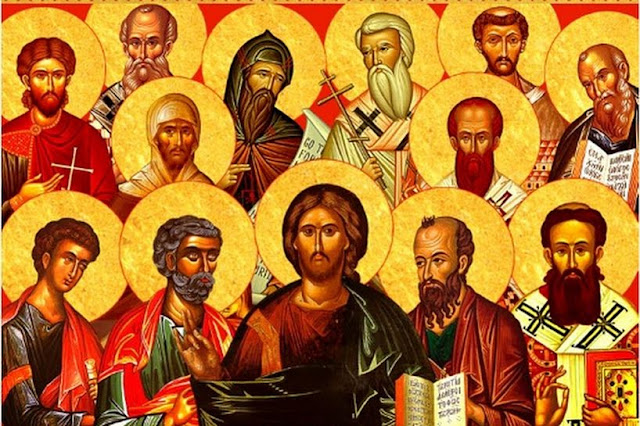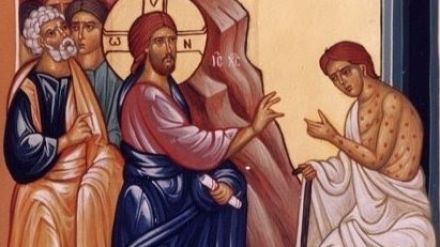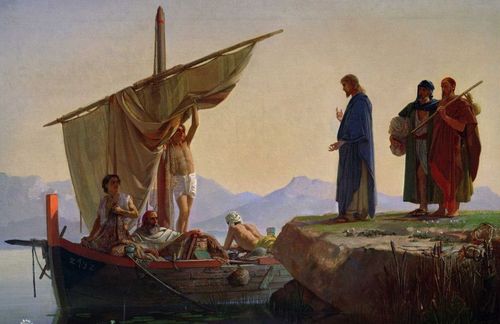Homily for All Saints Day, November 1, 2024, Year B

Fr. Charles Irvin Diocese of Lansing ( Click here for Sunday’s readings ) They didn’t set out each day to change the world. They didn’t think of themselves as persons of power, people who could influence our culture and the powerful media elite or the sHomily for All Saints Day, November 1, 2024, Year Bhapers of public opinion. They didn’t want to do anything more than simply go to work, do their jobs, care for their families and maybe help a few other people besides. Most, if not all of them, would wince if anyone called them saints. Most if not all of them would rather be thought of as ordinary folks, people who just wanted to do their job and do it with caring concern for people other than themselves. So, then, what is holiness? And who are saints? Perhaps we need to change our mental pictures of who they are and how they behave. And perhaps, too, we should examine what we think God wants of us. These Beatitudes we just heard. Did we hear them or did we just listen to th



.jpg)

